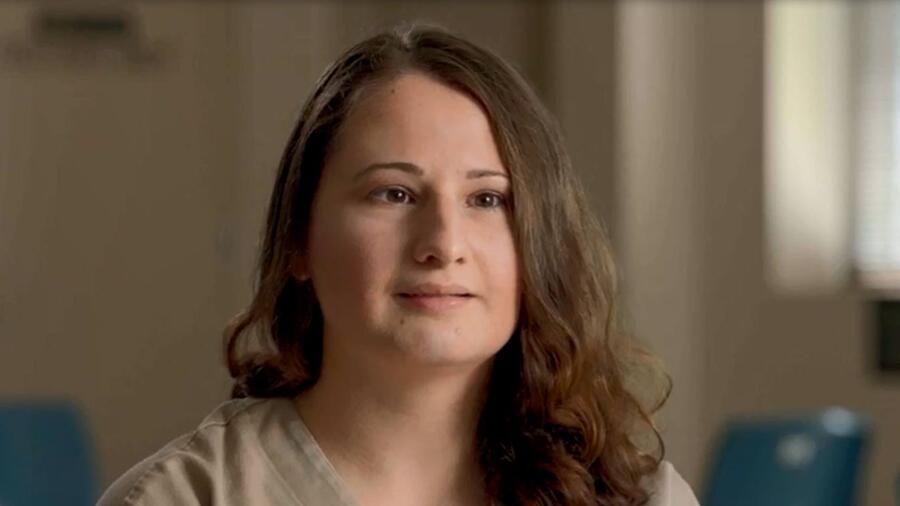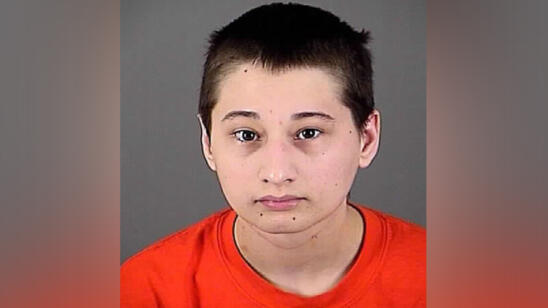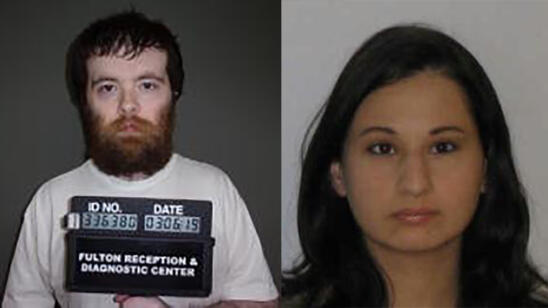As a girl, Gypsy Rose Blanchard seemed to be the victim of terrible genetics. By her early twenties, she’d suffered more severe illnesses than most people endure over a lifetime: leukemia, epilepsy, muscular dystrophy, sleep apnea. She underwent surgery to remove her salivary glands. She had a wheelchair and a feeding tube.
But then her mother, Clauddine “Dee Dee” Blanchard, was murdered in their home—and a darker, more complicated story of victimhood came to light.
Gypsy suffered from Munchausen Syndrome by Proxy. Also called “factitious disorder imposed on another“(or FDIA), it’s a form of abuse—most often of a child—in which the caretaker deliberately sickens, or fakes the illness of, the person they are caring for. To escape her abuse, Gypsy enlisted the help of her boyfriend at the time, Nicholas Godejohn, who stabbed her mother Dee Dee to death.
Godejohn was given a first-degree murder charge and a life sentence for the deed. But Gypsy, who was charged with second-degree murder, was freed on parole on December 28, 2023, after serving eight and a half years of her 10-year sentence.
A&E True Crime sat down with Gypsy, who tells her story in the Lifetime three-night documentary event The Prison Confessions of Gypsy Rose Blanchard, a week after her release to discuss life behind bars and the future she envisions for herself as a free woman.
Most people find prison extremely limiting. But the life you led before with your mother seems like it was quite restrictive in its own right. In what ways was prison better and worse for you than home?
I think prison was better for me because I got to discover who I am as a person.
And what did you discover?
Self-worth was probably the most important thing. I participated in several classes… but it was more the overall experience of it. I got a chance to associate with adults around my age. To learn from them. To grow.
[Stream Gypsy Rose: Life After Lockup in the Lifetime app.]
You had no regular interactions with your age group before prison?
No. My mother actually lied about my age several times. When I was 24, my mother told some people I was 12—so that was a pretty big age gap. And she would give different ages to different people.
So what kind of things did you learn to do in prison, that you couldn’t before?
I was able to really dive deep into my education. I came into prison with a second-grade education. So I studied and got to build my vocabulary. And I got to watch TV—different educational shows.
In your learning, was there a topic you found particularly interesting?
Relationships. The ins and outs of interpersonal relationships.
What about in the week since you’ve been released from prison? I know that’s been a much shorter period of time, but there are things you’ve learned this week?
Yeah! I cooked a meal with my husband for the first time. And part of me was like, ‘Did I just do that?’ Because I really felt like I didn’t have the confidence to do this.
We had grilled chicken, corn, a pasta dish. We had a couple of little ‘oopsie’ moments, where I put too much milk in or whatever, but it was great.
I’m glad you mentioned him. You married your spouse, Ryan Scott Anderson, while incarcerated. What attracted you to him?
Ryan and I first started talking in 2020, when the COVID pandemic was going on.
I had received hundreds of letters from supporters. A lot of it was male attention. But I saw his envelope, and saw he was from Louisiana. And I was pretty much born and raised in Louisiana, so I thought, ‘Hey, I probably know where this guy grew up.’ I thought we would have a lot in common.
At first it was more…friendship.
Did you know what he looked like, though?
Yes. People could send pictures.
We spent tons of time talking on the phone…and he would make me laugh any time I was sad. I loved that about him. And I think there was this moment, when he was going to dinner with his cousin, who was visiting. I had been calling him every night, and that night he had forgotten his phone at his house, so he went back home from the restaurant, in the middle of dinner, to get the phone, because he knew I’d be calling.
I think that’s when the first attraction started. I really just started to see his heart.
Since getting out of prison, you’ve talked about how you want to use your public profile to ‘make a change’ in the world. What kind of change?
I think that doctors…are not fully educated to the best of their ability on Munchausen by Proxy syndrome.
Mothers have reached out to me via social media, expressing how a doctor or psychologist had placed that diagnosis on [their child] and almost got their child taken away. For a false diagnosis.
But then you also have my side of things. I was failed by the medical system. I slipped through the cracks in every single system that’s meant to prevent these types of things from happening.
So there needs to be a balance.
I just got out of prison, but I’m trying to educate myself on what laws are in place and to know what needs to change.
What would you say to someone suffering from Munchausen by Proxy right now?
The advice that I would give is: Please tell someone. Even if you don’t think they will believe you. It doesn’t have to be someone close.
However, if there is just someone that you trust, even a little bit, tell someone and really know that you’re not alone. There will be people that can help you out.
Because I share my story to be a cautionary tale. I did things the wrong way.
What about advice for someone who suspects that somebody they know is a victim?
I would definitely say if you’re a medical professional or even if you’re just a neighbor… it’s worth reporting it. If you have a suspicion that something is not quite right, report it.
You have no idea how many people told me after the fact, ‘I thought something wasn’t quite right. I really had this feeling. I just didn’t want to upset the situation. I didn’t want to upset your mom.’
UPDATES:
On April 8, 2024, Gypsy Rose Blanchard filed for divorce from her husband, Ryan Scott Anderson.
On July 9, 2024, Gypsy Rose announced she was pregnant with her first child with her boyfriend, Ken Urker.
Related Features:
Why Munchausen by Proxy Can Be So Hard to Prove in Court
Where to Watch ‘The Prison Confessions of Gypsy Rose Blanchard’


